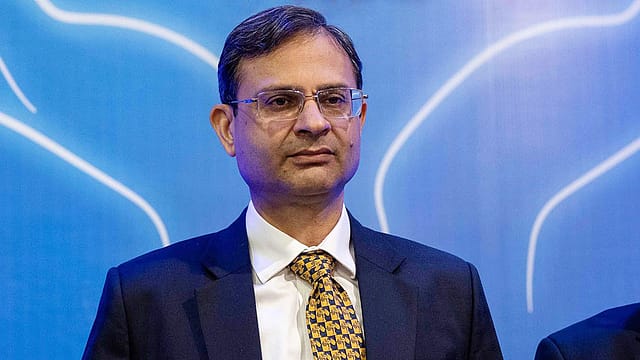Financial stability is the RBI’s north star, says RBI chief
ADVERTISEMENT

RBI Governor Sanjay Malhotra told students at the Delhi School of Economics on Thursday that financial stability must remain the central focus of India’s financial system.
He reminded them that "financial stability remains the north star, because we realise that short-term growth achieved at the cost of financial stability can have bigger consequences for long-term growth." He warned that growth built on weak rules could harm the economy. He also said that research clearly shows that instability “may not only more than offset the gains of higher short-term growth, but also make recovery more distressful and longer."
Malhotra explained that financial regulation works very differently from other forms of regulation because failures can spread fast. He said that if a bank collapses, “it has a cascading effect - depositors lose savings, inter-bank markets freeze, credit supply contracts, and payment systems falter.”, which then leads to frozen markets and panic. He also said banks can be vulnerable because a loss of confidence can trigger bank runs, turning a small problem into a system-wide crisis.
He told the audience that the RBI’s main job is to prevent such shocks by keeping the system stable. At the same time, he said the RBI also cares about other objectives such as consumer protection and ensuring that banks stay safe through “liquidity and capital requirements to ensure safety and soundness of financial operations in the interest of all stakeholders, especially, depositors.
January 2026
Netflix, which has been in India for a decade, has successfully struck a balance between high-class premium content and pricing that attracts a range of customers. Find out how the U.S. streaming giant evolved in India, plus an exclusive interview with CEO Ted Sarandos. Also read about the Best Investments for 2026, and how rising growth and easing inflation will come in handy for finance minister Nirmala Sitharaman as she prepares Budget 2026.
Malhotra said regulations must be designed carefully and not become too complex. He explained that the RBI prefers principle-based rules because they focus on outcomes and avoid a "tick-box approach, and obviates the need for frequent updations." He added that this helps the RBI aim for optimal simplicity, which means rules that are as simple as possible but still strong enough to protect the system.
He also stressed that the RBI relies on consultation and evidence when framing rules. He said that "consultation has been an integral part of our decision-making." He added that facts should shape regulations because evidence-based policymaking leads to better decisions. He pointed out that recent moves — such as changes in digital deposit rules — were made because evidence suggested so.
Malhotra closed by telling students that regulation is not fixed but constantly changing. He said they should see regulation as an evolving discipline and noted that the RBI is encouraging innovation while being mindful of our regulatory objective of safeguarding systemic stability. He urged them to stay engaged because achieving good regulatory outcomes is almost always a collaborative effort.
